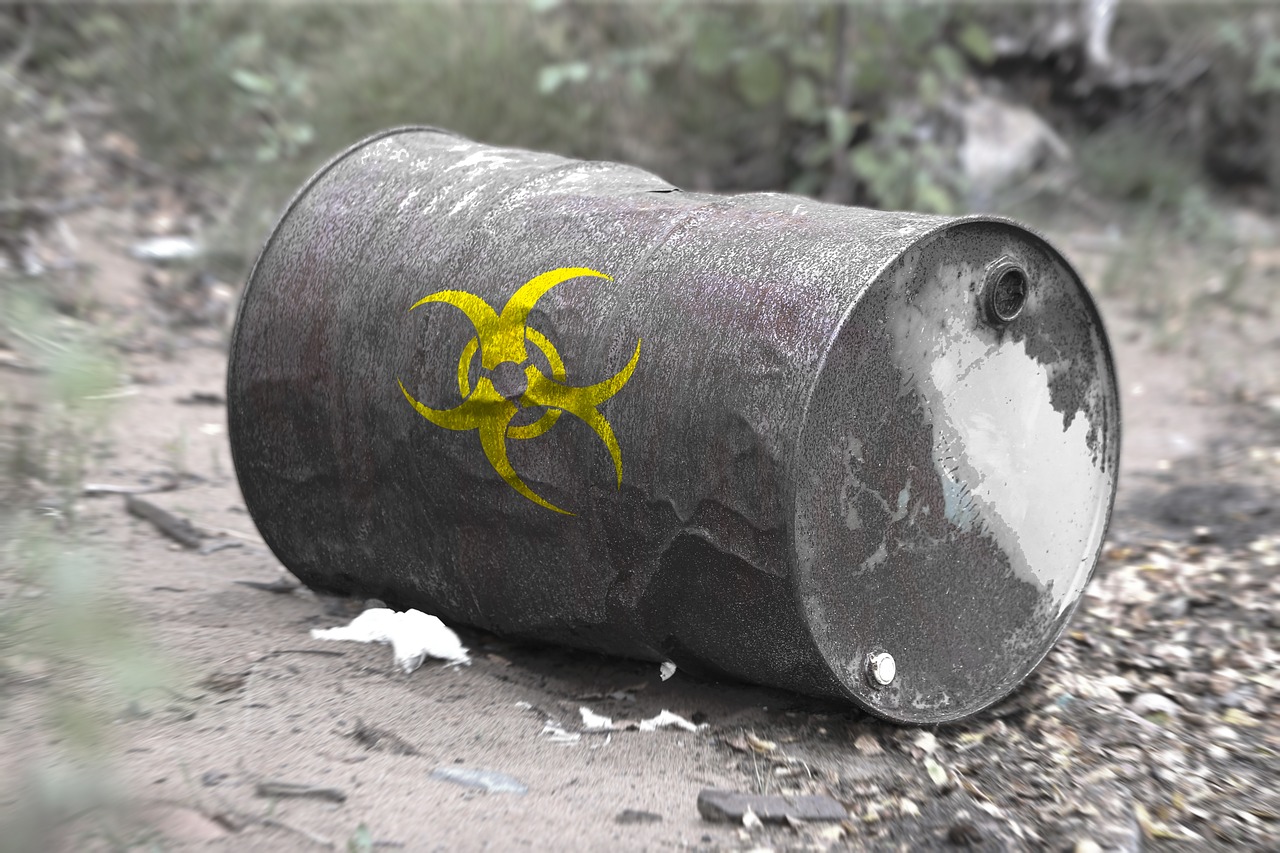The Basel Convention was signed in 1989 with the aim of protecting developing countries that face high exposure to hazardous wastes. Here we have, namely the African countries, to which those wastes are often despatched, but who however have only limited capacities for their proper management as regards to the international standards.
The objectives of the Convention
The Basel Convention aims to limit the risks of harming human health and the environment. This by non-compliance relating to the transport, treatment and disposal of this hazardous waste, the nature and characteristics of which are detailed in the appendix to the said agreement.
The provisions relating to their export and import are defined therein, as well as the control of cross-border movements. Added to this are all the different protocols, from the responsibilities of each actor to the compensation measures in the event of damage resulting from these movements.
The purpose of this treaty is to restrict the illicit trafficking associated with it and which constitutes a criminal offense. Tampering, fraud and misrepresentation are also offenses. International treaty law will come into force in the event of a violation of the provisions or protocols that have been defined.
The outline of the Convention
The Basel Convention encourages minimizing the production of this hazardous waste, both in terms of potential danger and quantity emitted. This takes into account social, economic and technical aspects. Their disposal must be carried out under conditions compatible with the protection of the environment, in addition to the possibility for any State to prohibit these operations, or even to refuse their entry into their territory, if necessary. Consent can be issued with or without reservations and require written confirmation if accepted, in addition to the signing of a formal agreement between the parties concerned.
The convention preferably encourages the disposal of such waste in the State where it was generated. Measures to ensure adequate information exchange are required. International and regional agreements must therefore be respected, reviewed and corrected, if necessary. The transfer of knowledge to those countries having a lack of rational management of the waste stream is highly recommended.
As for transport, it is also regulated in accordance with established international conventions, while it should only be permitted if final disposal meets sound ecological standards. In addition, importation should only be authorized if the waste represents a raw material to be recycled or recovered and this, according to specific objectives.
Implementation
Concretely, adequate facilities must be implemented. The country that explicitly authorizes the import of hazardous waste must carry out a prior audit on the feasibility of the various operations, as well as their possible consequences on human health and the environment.
Each country determines the administrative and legal measures to enforce the provisions of the treaty, and designates the competent authorities empowered to receive the various notifications.
Waste must comply with the measures relating to its packaging, labeling and transport according to international standards, in addition to keeping a handbook or movement document, duly completed from the place of origin to the place of disposal. This, whatever the mode of transport: by land, air or sea. This document and the related notifications will be written in a language acceptable to both countries (the country of origin and the country of disposal).
Finally, an insurance policy must be taken out to cover the operations, as well as additional guarantees and bonds, if necessary.
